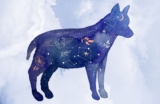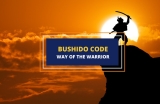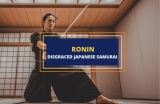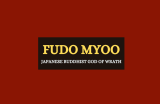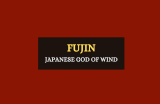Shintoism and Japanese culture as a whole are abundant with fascinating gods (kami), spirits (yokai), ghosts (yūrei), and other mythical beings. One of the ...
Together with kami (gods), yokai is one of the words most often used when talking about Japanese Shinto mythology. The yokai are spirits or ghosts and a ...
Although Daikokuten is not well known in the West, he is considered one of Japan's most popular deities. Also known as the god of five cereals, he is the ...
Bushido was established around the eighth century as a code of conduct for the samurai class of Japan. It was concerned with the behavior, lifestyle, and ...
The Japanese ronin are legendary and yet they’re often widely misrepresented. Fascinating historic figures turned into romantic mythological characters, ...
Buddhism is usually viewed by Westerners as a pantheistic religion or a religion with no personal gods. However, that’s not the case with Japanese Esoteric ...
Susanoo is one of the most famous deities in Japanese Shintoism. As the god of the sea and of storms, he had great importance for the island nation. Unlike ...
Fujin is the Japanese god of wind, worshipped in Shintoism, Buddhism, and Daoism alike. Like most wind deities in other religions, Fujin isn’t the most famous ...
Virtually every culture that’s shared its streets and homes with cats has some fascinating myths about these elegant animals. Some worship them as gods, ...
Trying to sift through the different spirits, ghosts, and supernatural creatures in Japanese mythology can seem daunting at first, especially if you’re new ...
- 1
- 2
- 3
- 4
- Next Page »


